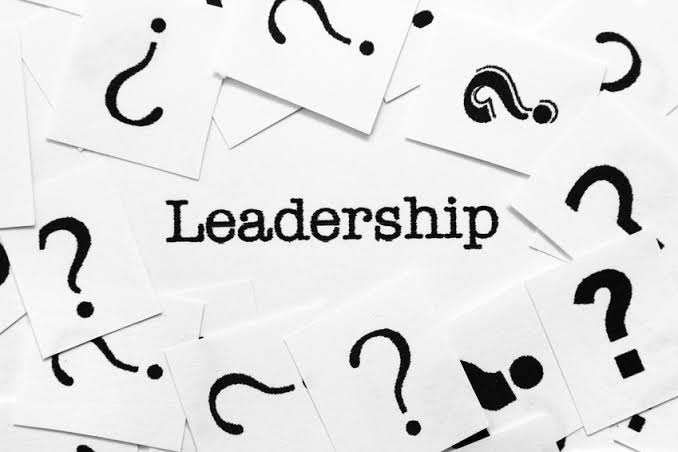


Leadership can be viewed as a series of specific characteristics, traits, skills and knowledge. It can also be viewed as a process which emphasises social interaction and relationship. It is a relationship that involves the mobilizing, influencing, and guiding of others toward desired goals.When companies hire for leadership roles they look for people with qualities that will allow them to successfully interact with colleagues, clients, and others in the workplace and beyond. People in leadership roles are required to put people first.
There are some particular qualities that employers look for in leadership roles:
• Communication- Communication is about more than the basics of sharing ideas, or conveying information. For leaders, communication is the most fundamental skill he or she can possess when it comes to leading an individual, or a team. Leaders should be able to effectively communicate with individuals, and with groups.
• Coaching- Managing people means supporting subordinates. This means not only enabling them to do their jobs well, but also helping them to move forward in their careers. Sometimes this means helping them improve their skillsets to become better at the nitty gritty of their work. Sometimes it means assisting them in developing their own communication styles. Whatever the work is, adopting a coaching mindset is an integral part of being a good leader.
• Directing others- Giving direction doesn’t come naturally to every leader, but it’s an integral aspect of a leadership job. Leaders should be able to clearly and effectively formulate directions for others, and then articulate them in such a way as to convey them effectively. Subordinates should be clear on what’s expected of them. Direction can involve guidance, instruction, mentorship, planning, and keeping a positive attitude even if someone is struggling.
• Relationship Building-Along with communicating and coaching, relationship building can make or break a leader. A good leader will value relationships, and will actively work to build one-on-one associations as well as fostering healthy relationships among the community. Relationship could be more purposeful, and involve out-of-work activities and team-building efforts like retreats and events. Most of all, building relationships is about authenticity, and genuinely connecting with people in a way that creates a familiar feeling, and a sense of community.
A leader will then ensure that team members have the necessary skills and abilities to do their job and achieve the vision. They do this by giving and receiving feedback regularly, and by training and coaching people to improve individual and team performance. Leadership also includes looking for leadership potential in others. By developing leadership skills within your team, you create an environment where you can continue success in the long term. And that's a true measure of great leadership.